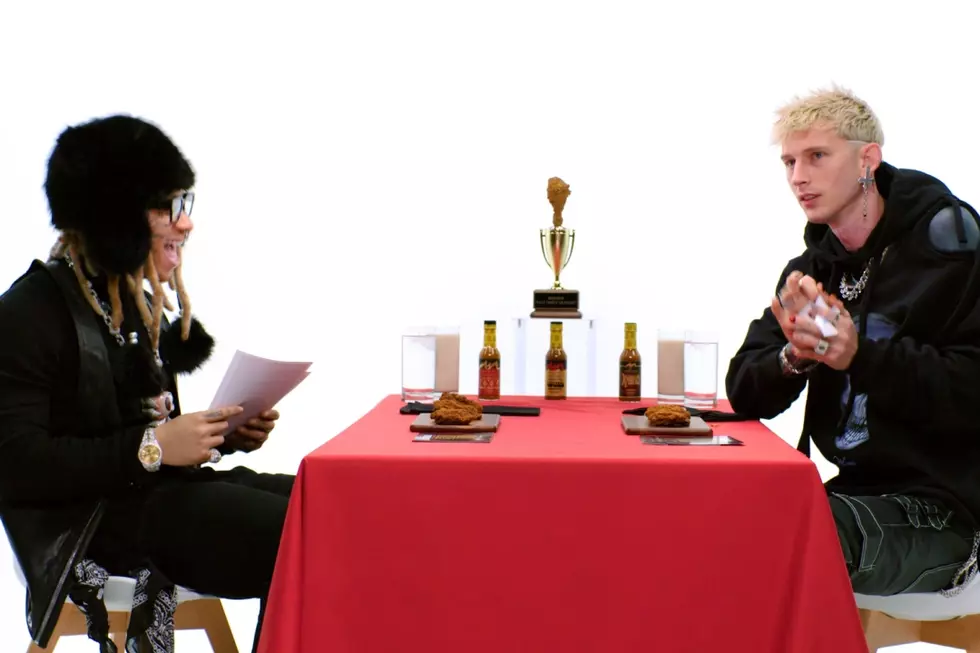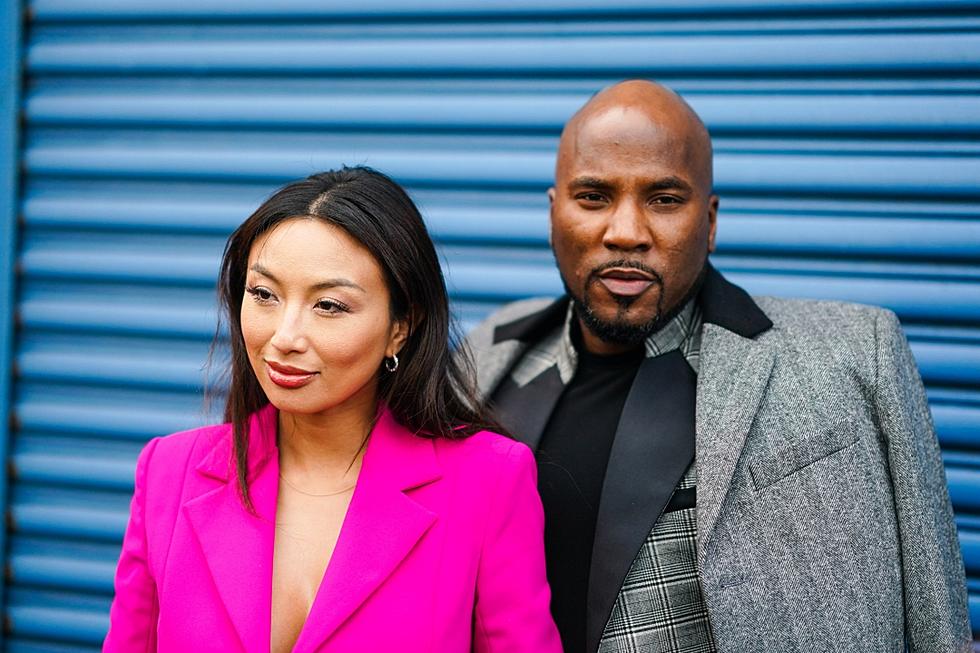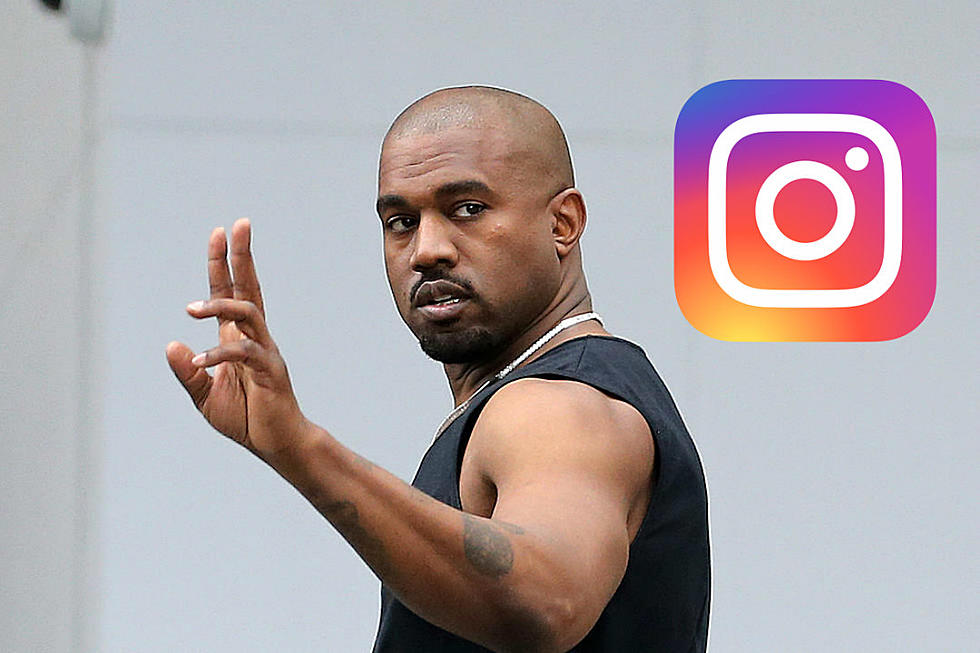T.I.
T.I. vs. T.I.P.
 When Robert Louis Stevenson wrote The Strange Case of Dr. Jekyll and Mr. Hyde in 1886, it spoke to the masses. At the time, Victorian manners had a stranglehold on society, and the Scottish author’s sci-fi tale served as a metaphor for the wild lust that lay just beneath the surface of the average gentleman’s buttoned-up facade. Today, it’s also a fitting tale for urban America’s alienated outcasts, who must conform to mainstream society’s rules to find success. Atlanta rapper Clifford Harris opened this old wound four years ago on “T.I. vs. T.I.P.,” a highlight from his sophomore opus, Trap Muzik, where T.I.P., his reckless, shit-talking core, battled T.I., the consummate professional/smooth operator. After a tumultuous 2006 filled with highs (King solidified his place as one of hip-hop’s illuminati) and lows (the senseless murder of his best friend), Tip re-examines his schizophrenic psyche on his fifth album, T.I. vs. T.I.P. Call it trap therapy.
When Robert Louis Stevenson wrote The Strange Case of Dr. Jekyll and Mr. Hyde in 1886, it spoke to the masses. At the time, Victorian manners had a stranglehold on society, and the Scottish author’s sci-fi tale served as a metaphor for the wild lust that lay just beneath the surface of the average gentleman’s buttoned-up facade. Today, it’s also a fitting tale for urban America’s alienated outcasts, who must conform to mainstream society’s rules to find success. Atlanta rapper Clifford Harris opened this old wound four years ago on “T.I. vs. T.I.P.,” a highlight from his sophomore opus, Trap Muzik, where T.I.P., his reckless, shit-talking core, battled T.I., the consummate professional/smooth operator. After a tumultuous 2006 filled with highs (King solidified his place as one of hip-hop’s illuminati) and lows (the senseless murder of his best friend), Tip re-examines his schizophrenic psyche on his fifth album, T.I. vs. T.I.P. Call it trap therapy.
Opening with “Act I,” a frustrated T.I.P. spazzes on his record label and goes on a lyrical tirade for the first section of the album. Tip’s homicidal intensity is best captured on his three collaborations with producer Danja, including the possessed state-of-emergency “Hurt,” featuring Busta Rhymes and Grand Hustle rookie Alfamega. While the motivational, Mannie Fresh–produced “Big Shit Poppin’ (Do It)” fits comfortably alongside some of Tip’s most powerful anthems (“What U Know,” “U Don’t Know Me”), their pairing on “Da Dopeman” results in a lifeless drug exposé. The absence of longtime collaborator DJ Toomp becomes even more obvious when Tip runs through stock tough talk with Jay-Z on the irritable, Khao-produced “Watch What You Say to Me.” Despite Eminem’s stiff brass march carrying “Touchdown,” the trapper does manage to be his most outspoken (“So excuse me, Miss Oprah, I’m sorry, really I promise/Niggas, bitches and hoes do exist, I’m just being honest”).
During “Act II,” the character of T.I. is awoken by news of his alter ego’s rampage and resumes control, plunging the album into a hodgepodge of softer material. The Nelly duet “Show It to Me” sounds better suited for a weekend retreat at Club Med, and “Don’t You Wanna Be High,” produced by the Runners, features some of T.I.’s laziest pillow talk (“I could be your king, you could be my princess/All you gotta do is say yes”). On the bizarre “Help Is Coming,” where producer Just Blaze recycles the sample from the forgotten Roc-A-Fella posse cut “4 Da Fam,” T.I. gets needlessly defensive, engaging in the type of dry self-analysis usually reserved for uptight middle-aged New York rappers: “Fans and the critics say hip-hop’s missin’/This a little proof that hip-hop’s livin’/You can hear hip-hop in ‘Top Back,’ just listen.” Luckily, Wyclef counters with some breezy pop appeal and over-the-top personality on “My Swag,” where Tip harmonizes with a whimsical ’80s synth.
By the time T.I. and T.I.P. confront each other in “Act III,” the distinction between the two seems completely trivial—one’s a little tougher, one’s a little smoother. The poetic closer, “My Type,” where Tip imagines a world without himself or his split personalities (“Now he in heaven on the throne exactly where he belong/He left millions devastated and his family mourns/Sons turned to men since they daddy been gone”), only makes the album’s overall lack of personal insight and creativity more glaring. Hopefully, someday we’ll find out what really makes T.I. tick. —BRENDAN FREDERICK
![]()
More From XXL









